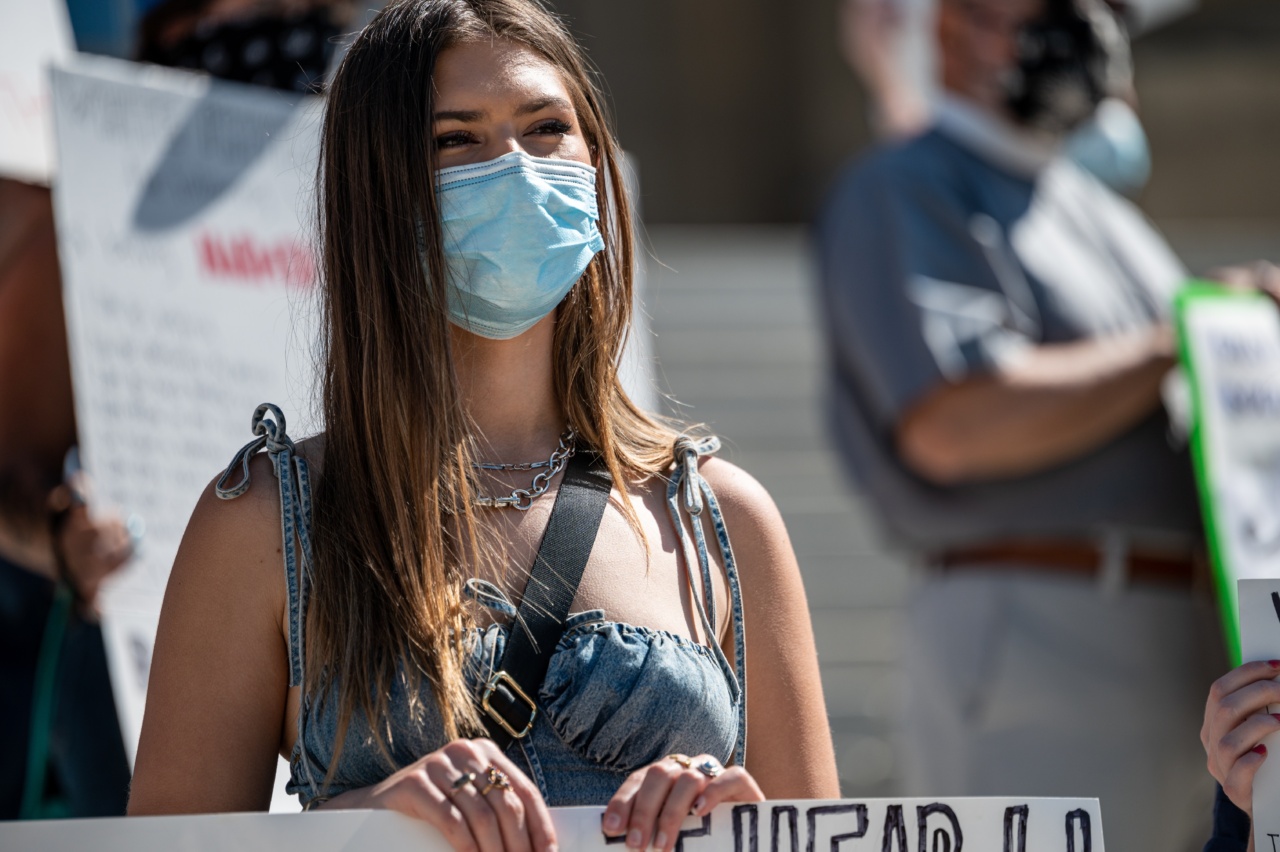Our bodies are complex organisms and sometimes they can experience a variety of different symptoms that indicate something might not be quite right.
While many common symptoms can be treated at home, there are certain symptoms that require urgent medical attention. Here are the top symptoms that should never be ignored.
1. Chest Pain
Chest pain can be a symptom of many different conditions, some of which are serious. Chest pain can be caused by a heart attack, angina, or even a blood clot in the lungs.
If you experience chest pain, seek medical attention right away, even if you have had it before. Chest pain that lasts longer than a few minutes, is accompanied by shortness of breath, dizziness, or an irregular heartbeat, requires urgent medical attention.
2. Severe Abdominal Pain
Severe abdominal pain can be a symptom of appendicitis, gallstones, or even a ruptured organ. In some cases, severe abdominal pain can lead to sepsis, a life-threatening condition caused by an infection in the body.
Seek medical attention immediately if you experience severe abdominal pain that lasts longer than a few hours, especially if you also have a fever, nausea, or vomiting.
3. Shortness of Breath
Shortness of breath can be caused by a variety of conditions, including asthma, COPD, or heart failure.
However, if you experience sudden shortness of breath that is not relieved by resting, it could be a sign of a blood clot in your lungs or a heart attack. Seek medical attention immediately if you experience sudden shortness of breath that is not relieved by rest.
4. Sudden Vision Changes
Sudden vision changes, such as blurry vision, double vision, or loss of vision, can be a symptom of a stroke or a blood clot in the eye. Seek medical attention immediately if you experience sudden vision changes.
5. Confusion or Sudden Dizziness
Confusion or sudden dizziness can be a sign of a stroke, a heart attack, or a severe infection, such as sepsis. Seek medical attention if you experience sudden confusion or dizziness, especially if you also have a severe headache or slurred speech.
6. High Fever
A high fever can be a sign of a severe infection, such as sepsis. Seek medical attention if you have a fever of 104°F or higher, especially if you also have a rash or difficulty breathing.
7. Severe Headache
A severe headache can be a sign of a brain aneurysm, a stroke, or meningitis. Seek medical attention immediately if you experience a sudden, severe headache that is accompanied by a stiff neck, confusion, or vomiting.
8. Vomiting or Diarrhea
Vomiting or diarrhea can be a sign of food poisoning or a viral infection.
However, if you experience severe vomiting or diarrhea that lasts longer than a few days, it could be a sign of a more serious condition, such as dehydration or an infection that requires medical treatment.
9. Unexplained Weight Loss
Unexplained weight loss can be a sign of a serious medical condition, such as cancer or an autoimmune disorder. If you have lost more than 10% of your body weight in the past six months without trying to lose weight, seek medical attention.
10. Seizures
Seizures can be caused by many different conditions, including epilepsy, a brain injury, or a brain tumor. Seek medical attention immediately if you experience a seizure, especially if it is your first seizure or if you are pregnant or diabetic.
Conclusion
While not all symptoms require urgent medical attention, it is important to pay attention to your body and seek medical attention if you experience any of these symptoms.
Early detection and treatment can make all the difference in the outcome of a serious medical condition.




























